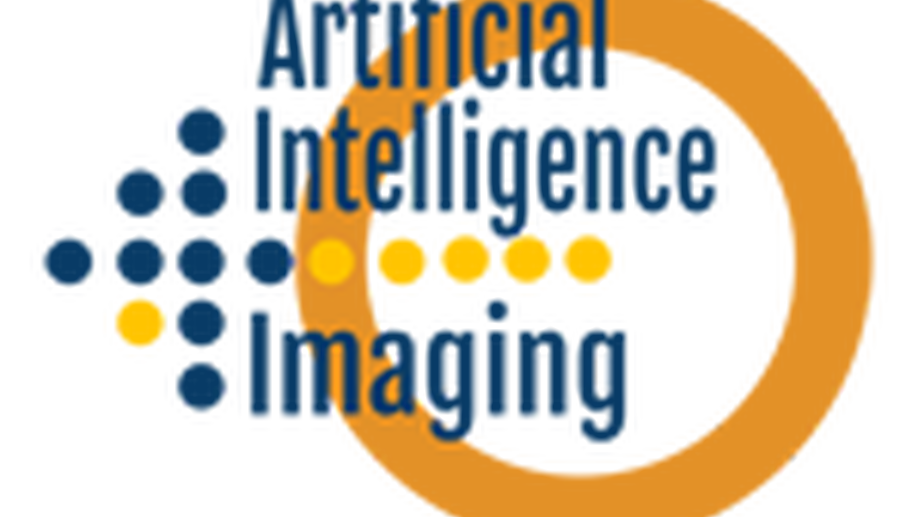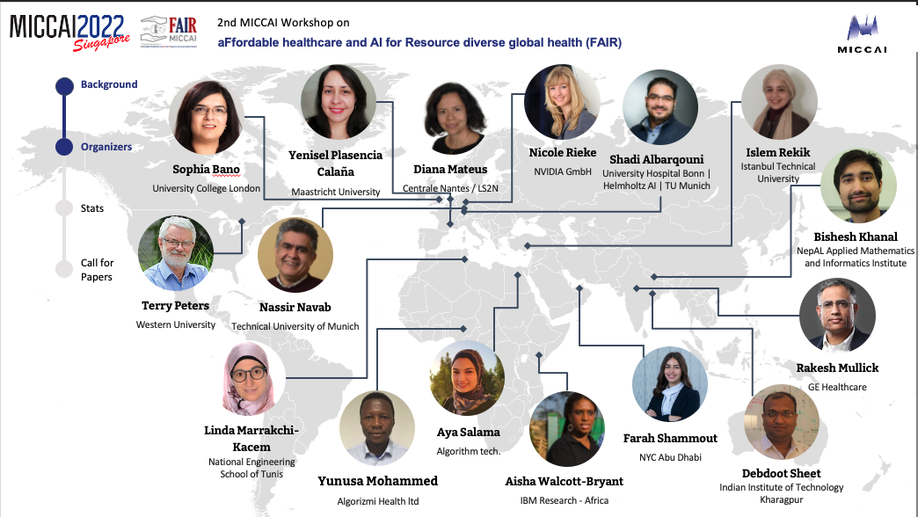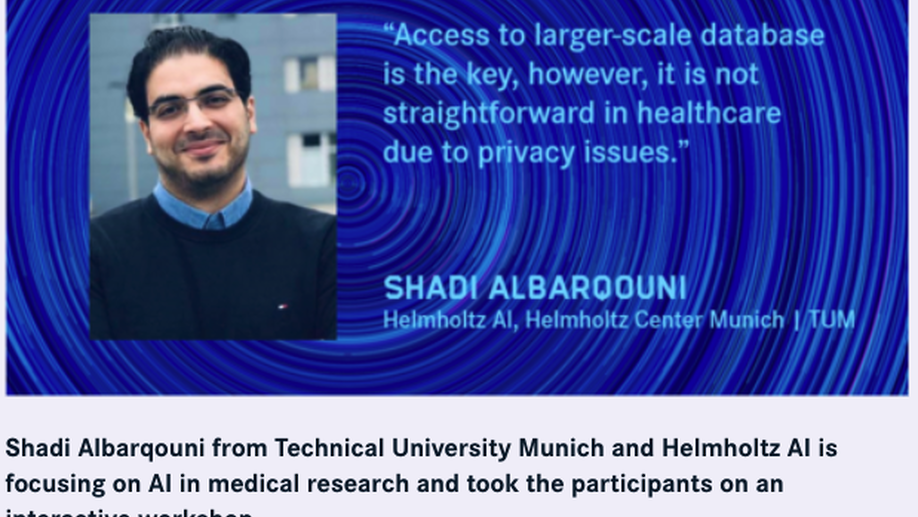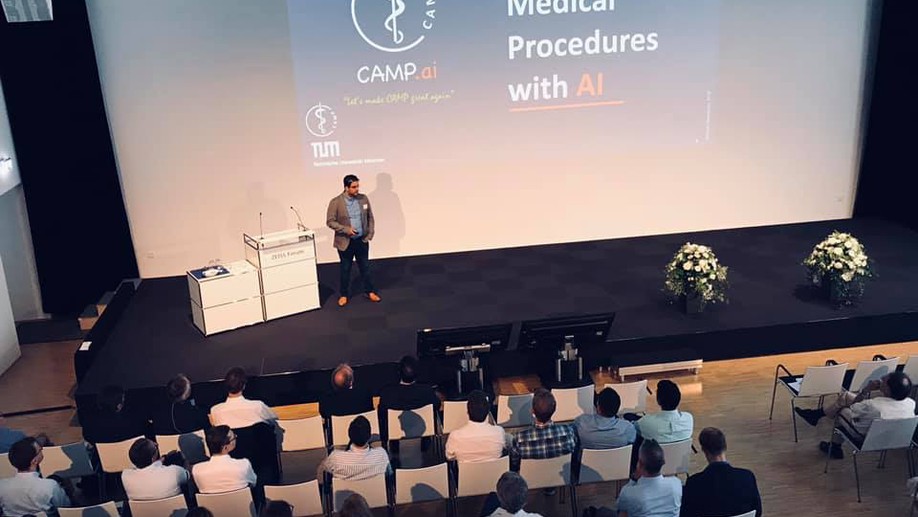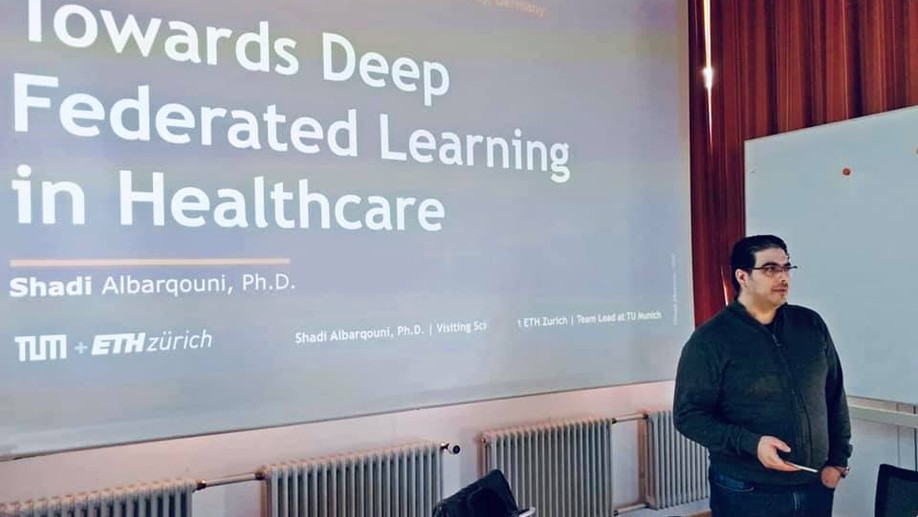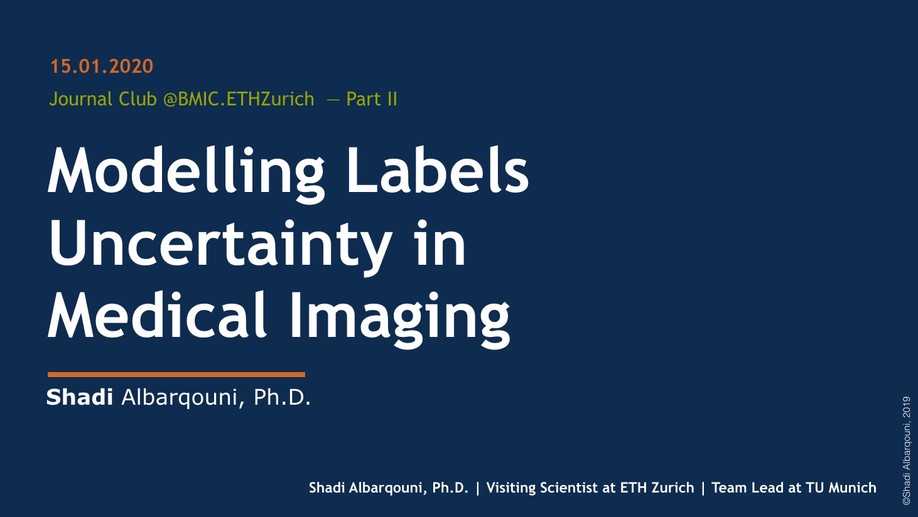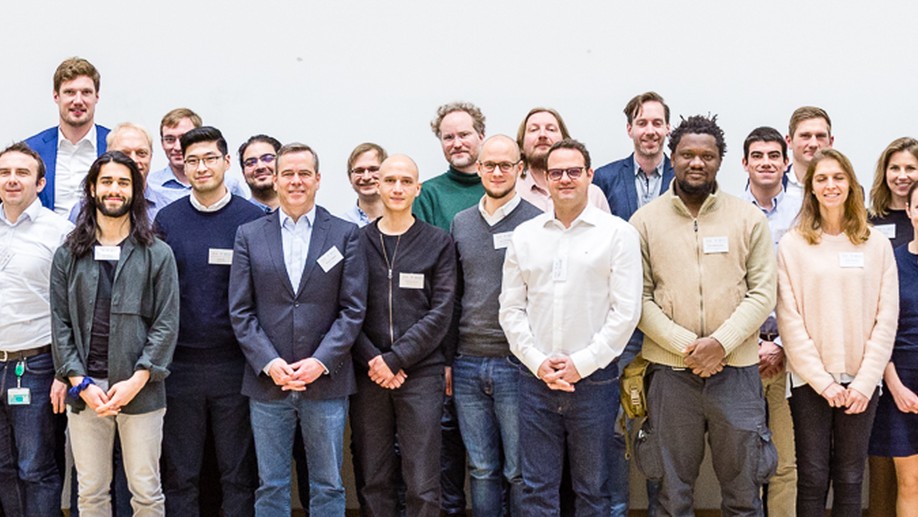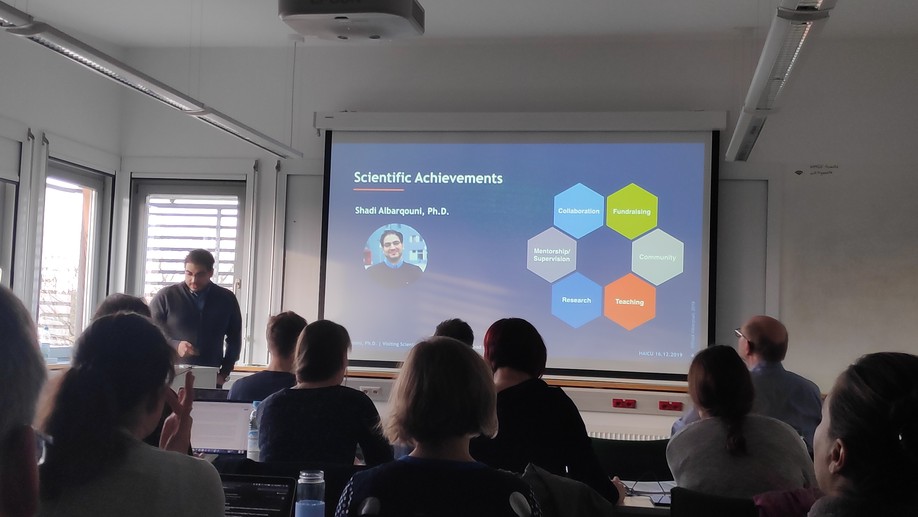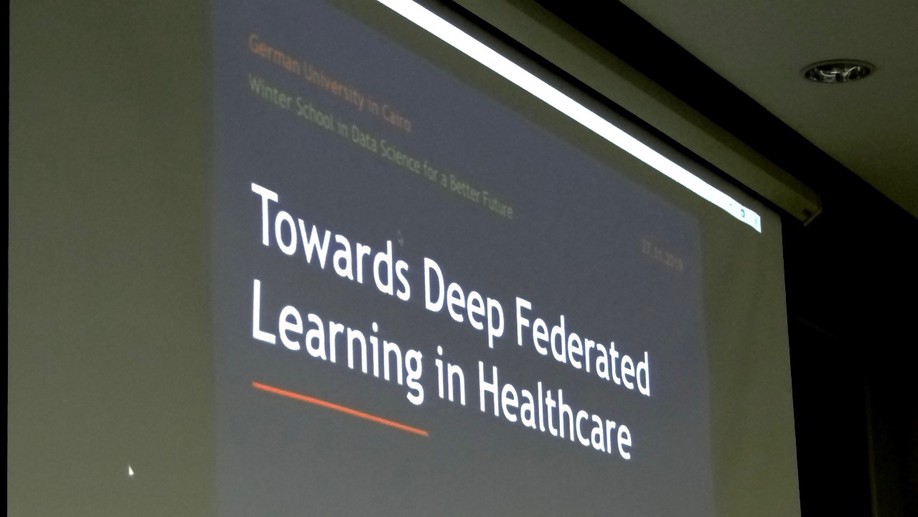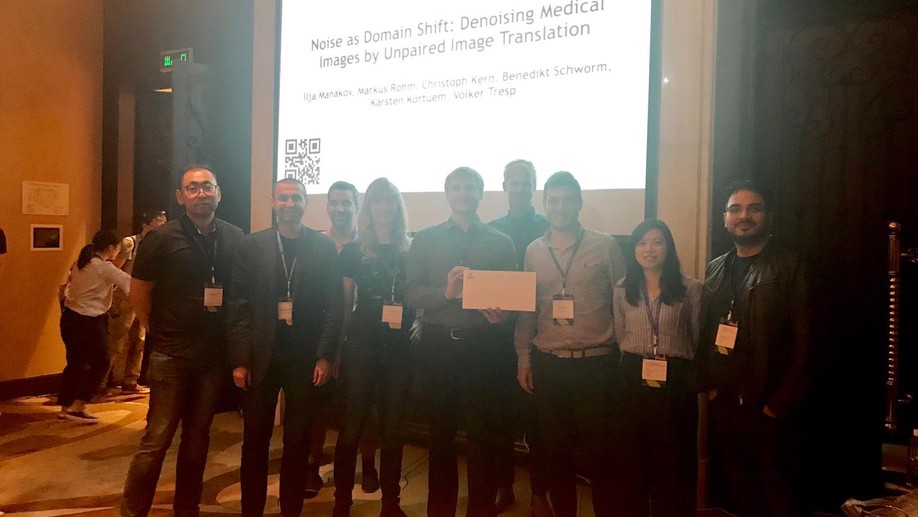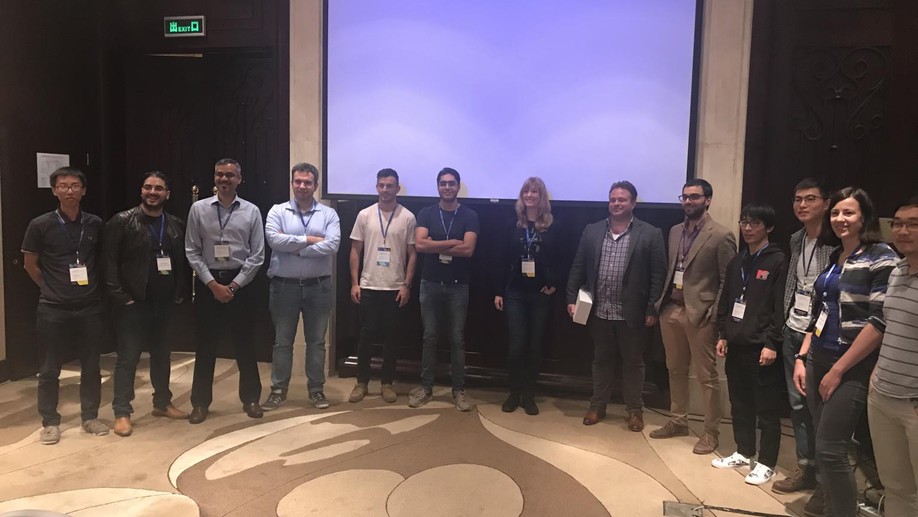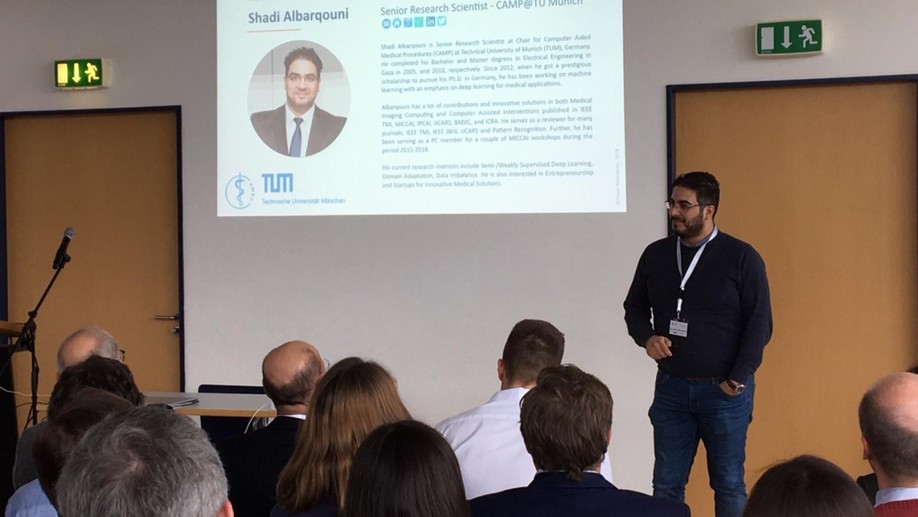2022
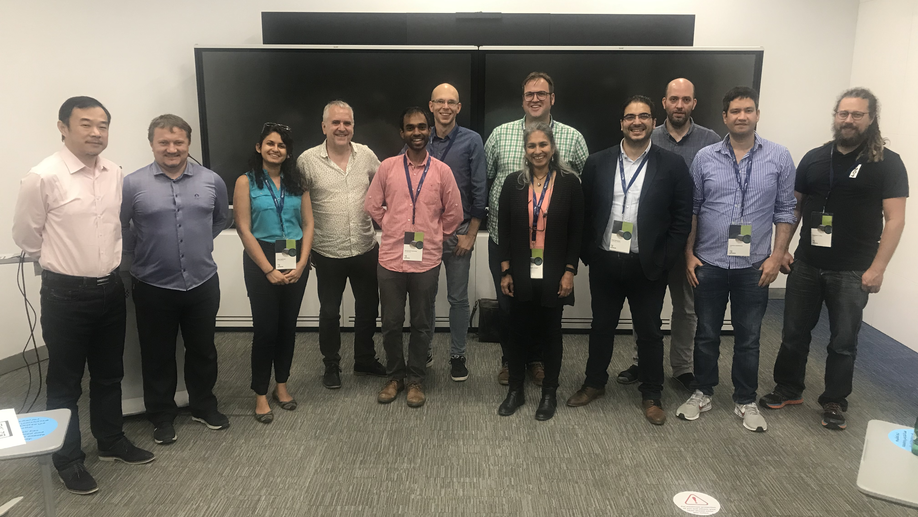
Invited Talk at the Workshop on Collaborative Learning: From Theory to Practice
I had the pleasure to give an invited talk at the #Collaborative Learning workshop at MBZUAI (Mohamed bin Zayed University of Artificial Intelligence)! It was a wonderful weekend full of amazing talks and fruitful discussions! I had the pleasure to meet a few familiar faces in our community along with other great speakers from UC Berkeley, Harvard, MIT, KAUST, ETH Zurich, Nvidia, and EPFL, among others. I would like to thank Michael I. Jordan and the organizing team behind the workshop for the invitation and the excellent hospitality! For those who are interested in the talks, they will be made publicly available soon!
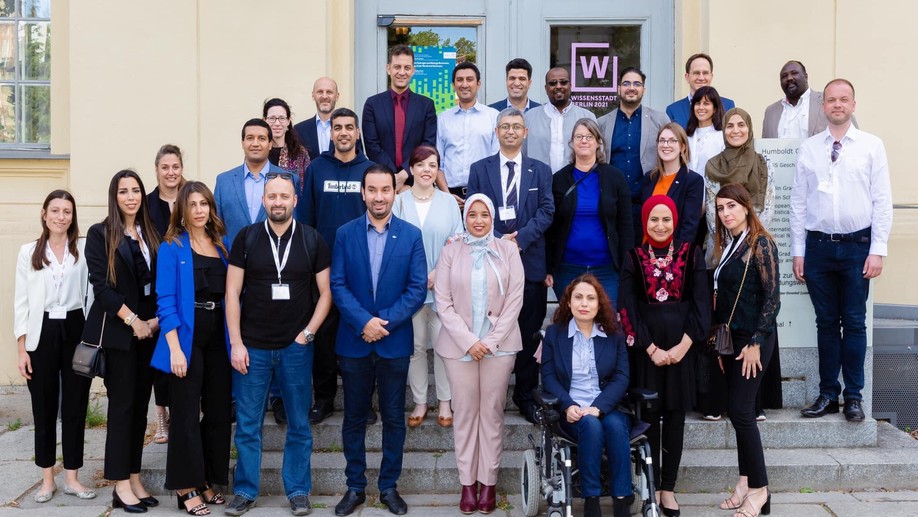
Attending the general assembly of the Arab German Young Academy
I had the pleasure to meet such brilliant scientists from all over the Arab world and Germany in the general assembly of the Arab-German Young Academy of Sciences and Humanities in Berlin!
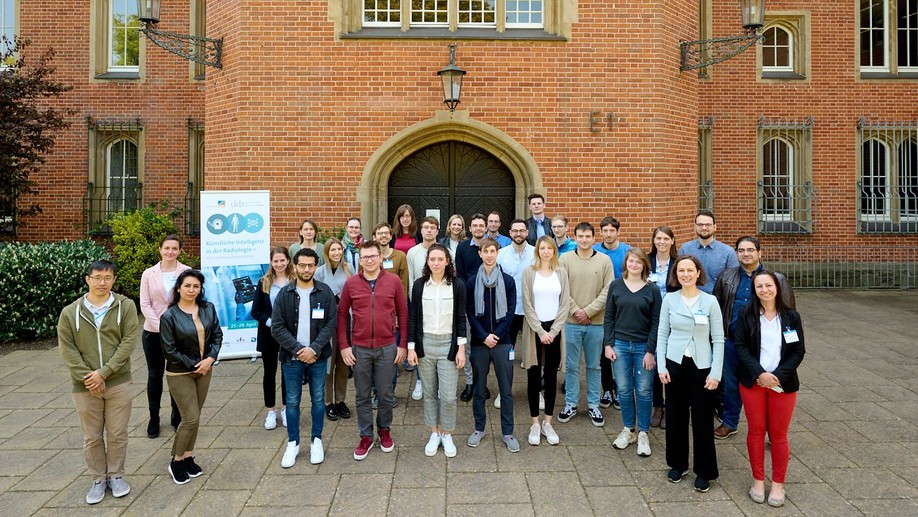
Co-Organizing the 10. DFG-#Nachwuchsakademie
We had a wonderful week (10. DFG-#Nachwuchsakademie) with many insightful talks and fruitful discussions at the Schloss Birlinghoven! 20 participants with medical and technical backgrounds, from all over Germany, came together to learn about #AI in #Medicine!
2021
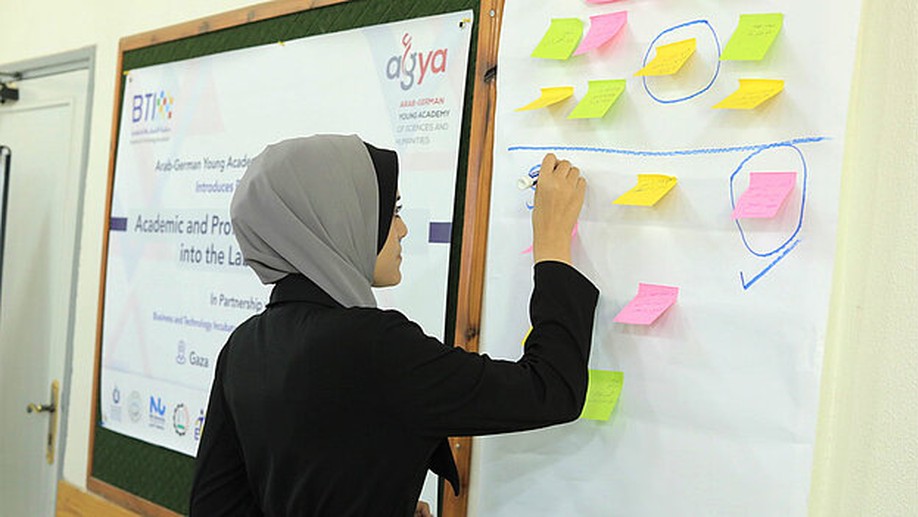
Co-Organizing the workshop and training on Improving Job Market Skills of Graduates
AGYA members Dr. Lobna Said, Dr. Mohamed Abou El-Enein, Dr. Shadi Albarqouni and Dr. Mohammad Adm want to bridge the gap and offer training courses for students to improve their labour market skills. At the same time, the AGYA members aim to ignite a debate on the further development of the university’s curricula which must be adapted to the new requirements of the international labour market for more sustainable development.
2020
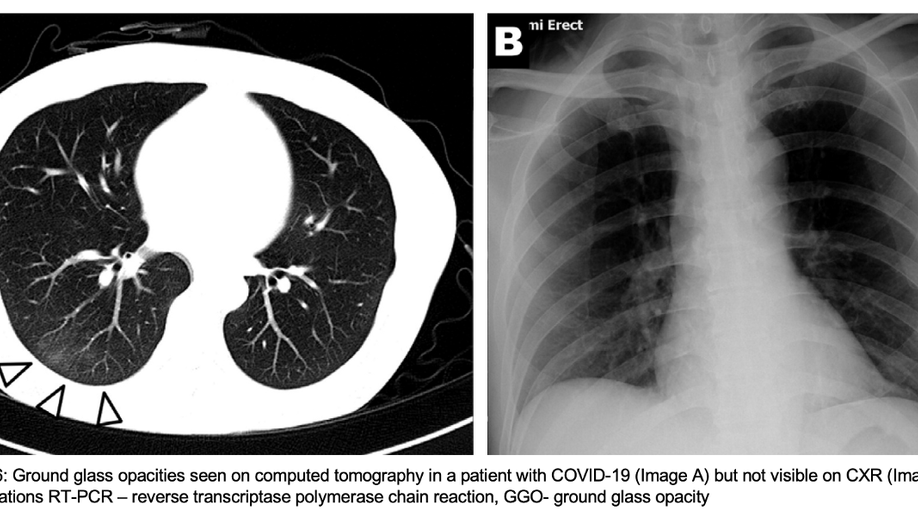
Medium Blog: Journey through COVID-19 RSNA Papers
Disclaimer: I am neither a radiologist nor a clinician. I am a computer scientist who have been working on medical image computing for a while. I tried to summairze the key findings reported in almost 15 papers published in the Radiology Society in North America (RSNA) in the last two months.
2019
Keynote Speaker: Towards Deep Federated Learning in Healthcare
Deep Learning (DL) has emerged as a leading technology in computer science for accomplishing many challenging tasks. This technology shows an outstanding performance in a broad range of computer vision and medical applications. However, this success comes at the cost of collecting and processing a massive amount of data, which are in healthcare often inaccessible due to privacy issues. Federated Learning is a new technology that allows training DL models without sharing the data. Using Federated Learning, DL models at local hospitals share only the trained parameters with a centralized DL model, which is, in return, responsible for updating the local DL models as well. Yet, a couple of well-known challenges in the medical imaging community, e.g., heterogeneity, domain shift, scarify of labeled data and handling multi-modal data, might hinder the utilization of Federated Learning. In this talk, a couple of proposed methods, to tackle the challenges above, will be presented paving the way to researchers to integrate such methods into the privacy-preserved federated learning.
2018
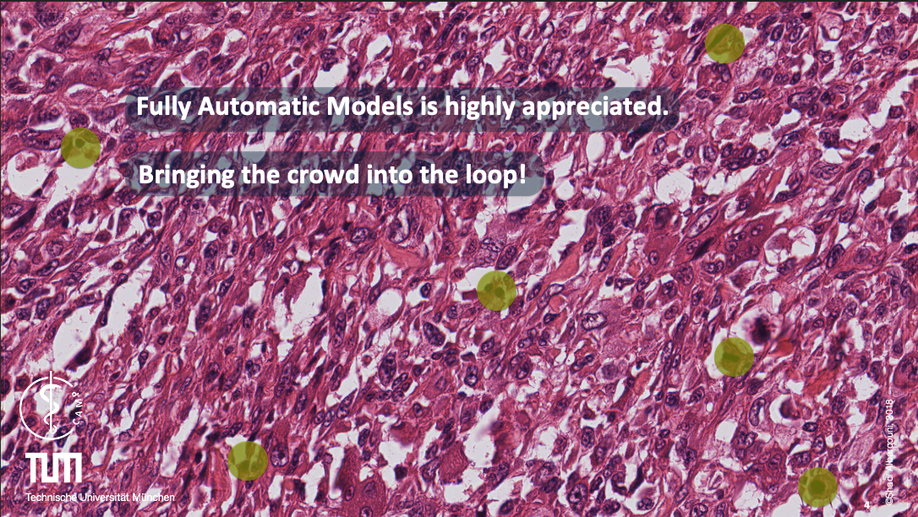
Invited Talk: Can Deep Learning Models be Trained with Annotations Collected via Crowdsourcing?
One of the major challenges facing researchers nowadays in applying deep learning (DL) models to Medical Image Analysis is the limited amount of annotated data. Collecting such ground-truth annotations requires domain knowledge (expertise), cost, and time, making it infeasible for large-scale databases. We presented a novel concept for training DL models from noisy annotations collected through crowdsourcing platforms, i.e., Amazon Mechanical Turk, Crowdflower, by introducing a robust aggregation layer to the convolutional neural networks. Our proposed method was validated on a publicly available database on Breast Cancer Histology Images showing interesting results of our robust aggregation method compared to baseline methods, i.e., Majority Voting. In follow-up work, we introduced a novel concept of an image to game-object translation in biomedical Imaging allowing medical images to be represented as star-shaped objects that can be easily embedded to readily available game canvas. The proposed method reduces the necessity of domain knowledge for annotations. Exciting and promising results were reported compared to the conventional crowdsourcing platforms.
